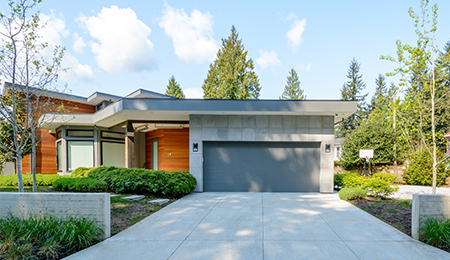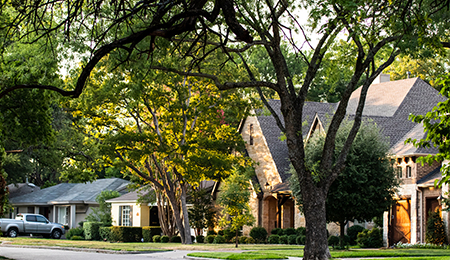In part one of my three-part series on bidding wars, I discuss price.
Today I want to introduce a new three-part series where I’ll discuss how you can compete in a bidding war. In our local market, it’s rare to be the sole buyer making an offer, so you need to know how to stay competitive. Knowing the rules of the game is your prerequisite to knowing how to win. That’s why I want to go over each aspect of your offer you can control; that way, you can make the strongest bid possible without overleveraging yourself.
Two main factors go into your offer. The first is the offer price. Most people understand how important price is, but it isn’t everything. The other major factor is your terms. There’s much to get into with each term, so I’ll cover that in part two of this series. For now, let’s focus on how you can find the perfect price.
Your offer price can be determined by two key questions. First, what is the maximum amount you are willing to pay? If you work with an excellent agent, it will be their job to show you an objective range of any home based on a comparative analysis of like properties. With this range in mind, it’s your choice to decide where you want to make your offer.
Where you decide to offer in this range depends on your circumstances. For example, if this is your first offer, there are multiple other homes available, and you’re not in a rush, you might decide to offer a price within the low end of the home’s value range. However, if your lease is expiring, your new job is on hold until you move, and you’ve made countless other offers, you may decide it’s worth it to make an offer in the higher echelon.
“Your agent should give you an objective value range for a home based on a comparative analysis.”
The second question you need to ask is, how will you structure your offer to reach your maximum price? In general, you have two options. Your first choice is to offer your maximum price upfront; however, this usually only happens when the seller requests it to streamline the bidding process. Writing your best offer first is also standard practice when submitting before the seller’s requested due date.
Your second option is to use an escalation addendum. You can think of this as the eBay of real estate. You write your offer at a base price (usually the list price) but add a clause that increases your price if a competing offer is willing to go above yours. In this scenario, you still have a maximum price, so you don’t have to worry about accidentally offering too much. There’s an art to determining how much you should go above and what your incremental increases should be, but I’ll discuss that another time.
As usual, there’s a lot more to this topic than I was able to talk about today. To hear my full market analysis, watch my in-depth video here. If you have questions about real estate in general, feel free to give me a call, send an email, or visit my website to schedule a 15-minute call with me. I’d love to help you.



